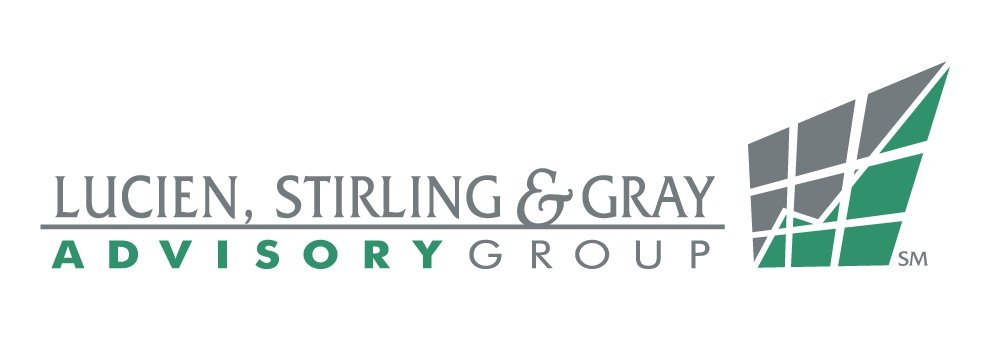Reminiscing Reaps Reward
By - The LSG Team
One of the job hazards of having been a financial advisor for 16 years is that my boundaries about talking about money are not in line with the rest of society. While I’m not that person who asks casual acquaintances how much they paid for their house (see also, Michael Scott in “The Office”), I have been known to ask my sister if she’s maxing out her 401(k), and to make sure my friends know about donor-advised funds when I hear that they’ve sold a business. I suspect that my colleagues and several of our clients can relate to this. While most Americans are uncomfortable talking about money, we want to make sure that the people we care about aren’t missing any great opportunities. We also want to make sure they are conscious of the default tendencies we all have as individuals that can lead to less-than-ideal outcomes.
This may explain why the advisors at Lucien, Stirling and Gray often work with multiple members of a client’s family. We frequently get introductions, and we are honored by the opportunity to get to know our clients’ parents, siblings, adult children, nieces and nephews. Sometimes we work with multiple members of the same family so that we can help facilitate important conversations. Most of the time, though, there is no direct sharing of information between family members, but they all benefit from their advisor having a better understanding of extended family dynamics.
If financial decisions could all be made using a spreadsheet, an understanding of family dynamics and upbringing would not matter. We are human, though, and often make decisions emotionally (or in a way that’s Predictably Irrational, as is explained in one of my favorite books). Take as an example siblings who grew up in a family that gained and lost financial wealth a couple of times during their childhood. For an oldest child that might trigger a sense of scarcity surrounding money matters, which can lead to adults who might be so focused on creating a sense of stability that they miss financial opportunities, or they fail to recognize situations when it makes more sense to spend money wisely instead of hoarding it. We have helped clients recognize that paying a CPA was worth the savings in time and effort (along with all the extra anxiety it created), even though it was something the client could do themselves. Interestingly, maybe their younger sibling, who came of age in a period when the family had achieved greater financial stability and more disposable income, feels a sense of abundance, which may result in taking financial risks without ensuring that the basics are covered first. Both people in these examples benefit immensely from empathy and understanding from their advisor, even if the specific guidance is different in each situation.
You might not be ready to start asking your siblings for their 401(k) balances, and that’s okay. Maybe those sorts of probing questions should be left to the professionals! I would encourage you to talk openly about your childhood money memories, though. Work together to analyze how you viewed various situations then and how those situations might impact your lives now. And if there is ever something we can do to help either or both of you to develop a greater sense of comfort and confidence about your financial decision-making, please give us a call. We’re never too busy for a cup of coffee and a thoughtful conversation.

